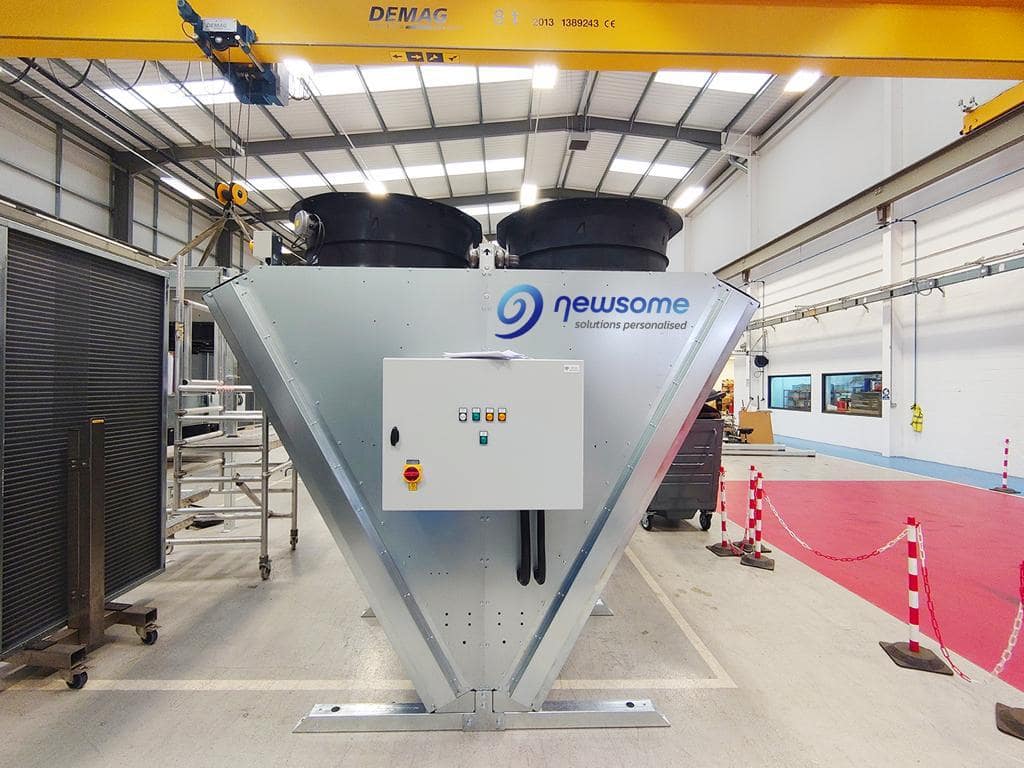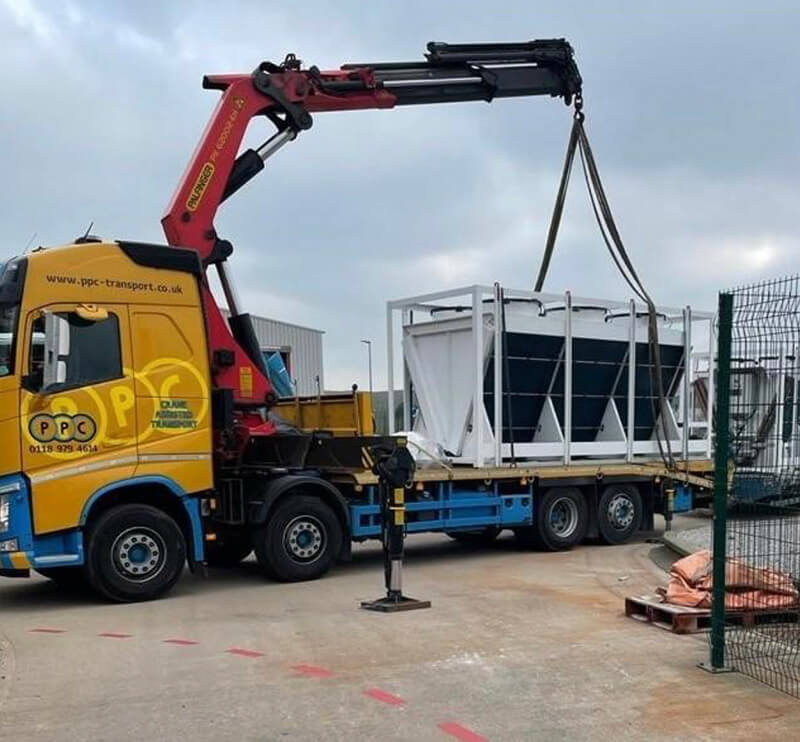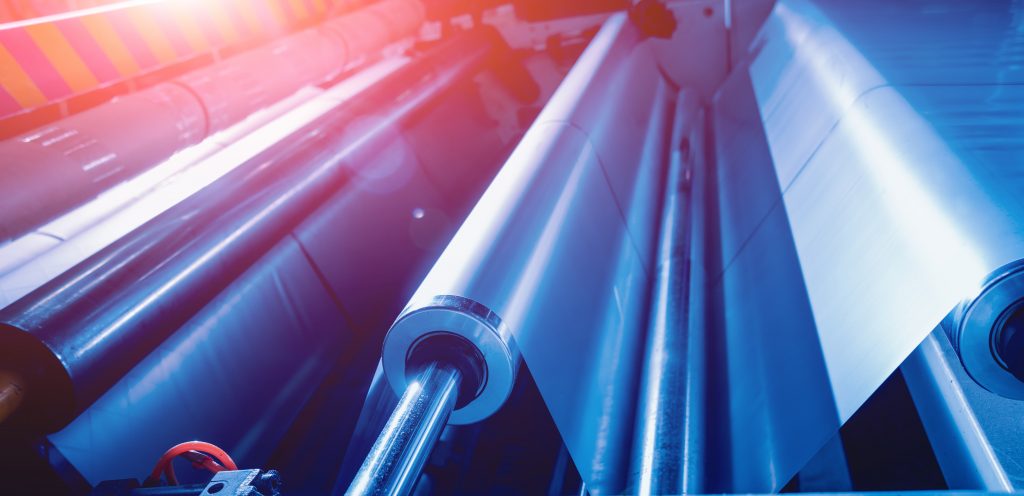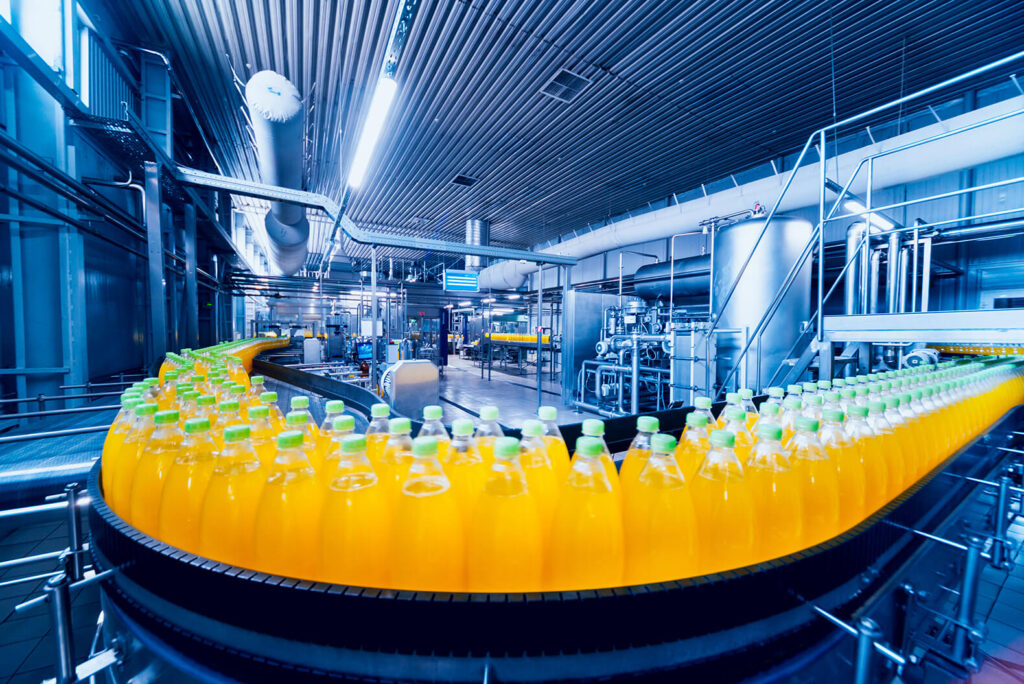Free Cooling is a fast and effective way to reduce both energy costs and carbon footprint on refrigerated, process water cooling applications. Depending on the external air temperatures and the temperature desired, chillers can typically be partially or fully offloaded for up to 90% of the year.
Free coolers provide an alternative solution to traditional air-cooled chillers by utilising external fresh ambient air to provide partial or 100% free cooling. They ultimately provide a far more energy efficient and cost- effective way to provide chilled fluid to their processes, to maintain optimum cooling temperatures.
When ambient air temperatures are low enough, especially through autumn, winter and into early spring, a free cooler automatically dissipates the system heat, allowing the chiller to reduce its power consumption.
Free cooling reduces the annual total system energy consumption, allowing the savings to be reinvested elsewhere into the business.
The ROI for implementing a Free Cooler in a traditional chiller system is truly impressive, depending on location, some companies could have a payback period of as little as 12 months. The system not only reduces the energy consumption and contributes to a greener profile for companies – by offloading the chiller, it also extends the chiller lifespan with potential cost reduction on servicing.

You can choose between an independent or integrated free cooler.
Free cooling works with either a chiller with a built-in free cooling coil or a free cooler working in series with a chiller. The latter is more efficient, due to the larger surface area provided by the air cooler.
A remote free cooler is designed to do nothing but provide free cooling and has its own purpose- built control system and 3-way valve and bypass system and therefore is a simple and reliable way to give maximum savings and quick payback. As the system is fully packaged, complete with integral controls, 3-way valve & actuator and bypass pipe work, they can be easily installed on existing systems as well as new builds. No communication between the free cooler and chiller is necessary. In typical process cooling systems, chillers can be offloaded for up to 90% of the year.





